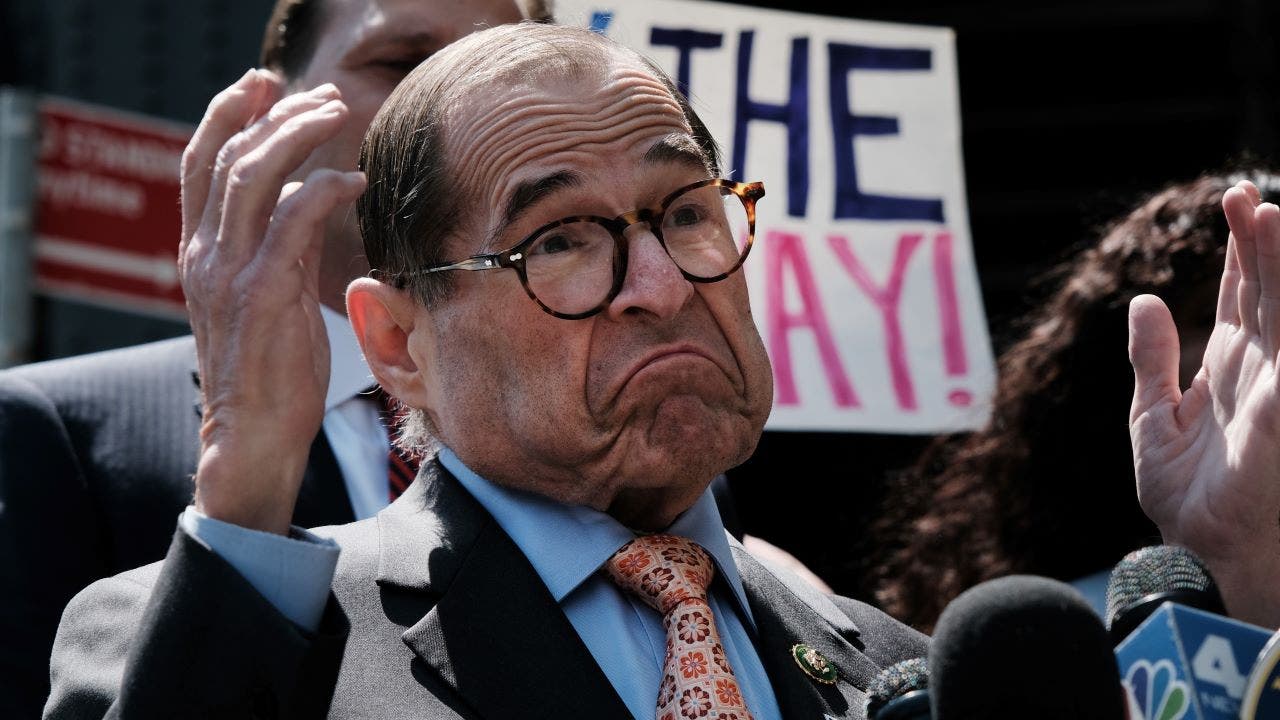The San Francisco Board of Supervisors is set to officially apologize to Black residents for centuries of “systemic racism,” though there are still major disagreements over how the county will address past mistakes.
On Thursday, board members met to present a seven-page resolution that details and takes responsibility for the history of discrimination against black San Franciscans through processes such as redlining and urban renewal.
The apology resolution is an action taken from a report written by the county's African American Reparations Advisory Committee, which presented more than 100 recommendations.
“As we continue this fight for reparations and this fight to right the wrongs of the past, this apology resolution is just another step toward achieving that goal,” said Supervisor Shamann Walton, who authored the resolution.
Walton called the resolution “very concrete and not just symbolic.”
Supervisor Shamann Walton during a San Francisco Board of Supervisors meeting in San Francisco last month.
(Jeff Chiu / Associated Press)
The resolution, co-sponsored by 10 of the 11 members of the Board of Supervisors, was presented to the full board for a vote Thursday.
The reparations committee, which advises the city and county on a reparations development plan, was formed in 2020. It submitted a report to the mayor and board last July calling for lump sum payments of $5 million each to Black residents. of the city, in addition to supplementing the income of low-income black households for the next 250 years.
The financial goals in the committee's report are not likely to be met anytime soon. Mayor London Breed has opposed cash payments, saying they should be handled at the state or federal level. Meanwhile, Californians largely reject the idea of cash reparations payments for Black people living in the state, according to a poll by UC Berkeley's Institute of Government Studies, co-sponsored by The Times.
Black Californians, however, supported cash payments, the survey found, with 51% saying they “strongly support” the idea.
The board called San Francisco's resolution historic, but during the public comment period numerous San Franciscans, including some on the African American Reparations Advisory Committee, expressed skepticism that an apology would lead to more substantive action.
Eric McDonnell, who chaired the committee, called the apology “notable and significant” and a “first step.”
“However, it will ring hollow if it is not followed by active and even aggressive efforts to address the pains of the past through monetary redress and to alter current inequalities through reforms and implementation of policies and programs,” he said.
Some in the crowd thought that was not enough.
Former Supervisor Amos Brown asked the board to go further.
“It is time for us to take no action. Morally we should be taking giant steps,” said the former legislator. “An apology is not enough. An apology is cotton candy rhetoric. What we need are concrete actions.”












